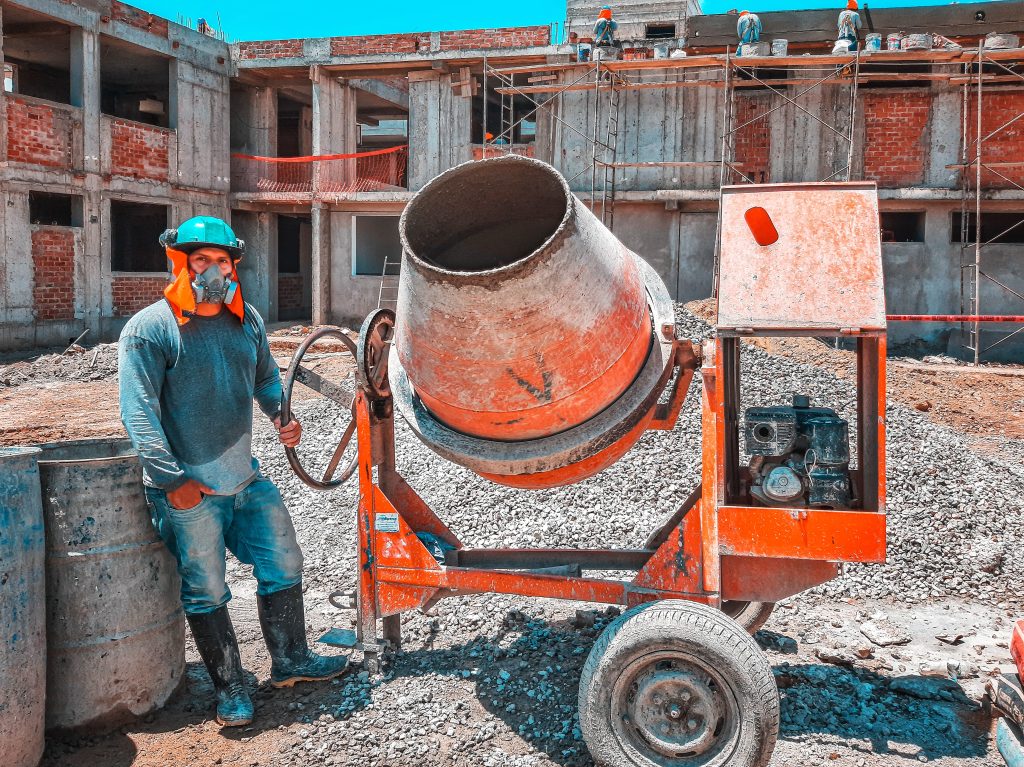Where Do You Need to Wear Safety Shoes? Are Safety Shoes Mandatory?
Introduction
Where Do You Need to Wear Safety Shoes? In the realm of workplace safety, one cannot underestimate the importance of proper protective gear. Among these, safety shoes hold a significant place, ensuring the well-being of employees in various industries. This article explores the mandatory requirements of safety shoes in different workplaces and discusses their benefits, guiding you on when and where you need to wear them.
Importance of Safety Shoes
Where Do You Need to Wear Safety Shoes?
Protection in Hazardous Work Environments Safety shoes are engineered to safeguard the feet against a myriad of workplace hazards. From heavy machinery to sharp objects, they provide a sturdy shield, preventing injuries that might otherwise lead to severe consequences.
Compliance with Safety Regulations Government regulations mandate the use of safety shoes in specific work environments. Adhering to these regulations not only protects employees but also keeps businesses in legal compliance, avoiding penalties and liabilities.
Where Safety Shoes Are Mandatory
Construction Sites Construction sites are rife with potential hazards. Safety shoes are obligatory here, protecting workers from falling objects, sharp debris, and electrical hazards.
Manufacturing Industries Factories and manufacturing units demand the use of safety shoes. Heavy equipment, moving machinery, and chemicals pose significant risks, making protective footwear indispensable.
Laboratories and Research Facilities In laboratories, where experiments and research activities are conducted, safety shoes are crucial. They shield against chemical spills and protect against accidental spills of hazardous substances.
Warehouses and Distribution Centers In these bustling hubs of activity, safety shoes are vital. They guard against heavy items falling, as well as provide traction on slippery surfaces, averting slips and falls.

Benefits of Wearing Safety Shoes
Preventing Foot Injuries Safety shoes prevent common foot injuries such as punctures, sprains, and fractures. Their robust construction acts as a barrier against various workplace dangers.
Enhanced Comfort and Support Modern safety shoes are designed with ergonomics in mind. They offer cushioning and arch support, ensuring comfort during long working hours.
Longevity and Durability Investing in high-quality safety shoes means durability. They last longer, providing sustained protection and value for money.
Choosing the Right Safety Shoes
Understanding Safety Standards Different industries adhere to specific safety standards. Understanding these standards ensures that the chosen safety shoes meet the necessary requirements.
Proper Fit and Sizing Ill-fitting shoes can be as dangerous as not wearing safety shoes at all. Ensuring the right fit is essential for optimal protection.
Material and Design Considerations The choice of materials, like steel toes or composite materials, and design aspects like slip-resistant soles, depend on the specific workplace hazards.
When Safety Shoes Might Not Be Mandatory
Low-Risk Work Environments In low-risk office environments where the chance of foot injuries is minimal, safety shoes might not be mandatory. However, employers should assess the risk factors before making a decision.
Office Settings Traditional office settings generally do not require safety shoes. However, being cautious and aware of the environment is essential.
Remote Work For employees working from home, safety shoes are not mandatory. However, being mindful of the home environment is crucial to prevent accidents.
The Impact of Ignoring Safety Footwear Regulations
Increased Risk of Accidents Disregarding safety footwear regulations significantly increases the risk of accidents. Even a single mishap can lead to life-altering injuries.
Legal Consequences for Employers and Employees Employers failing to enforce safety regulations might face legal consequences. Similarly, employees not wearing mandated safety shoes might lose legal rights in case of an accident.
Conclusion
In conclusion, safety shoes play a pivotal role in ensuring workplace safety. They are not just a mandatory requirement but also a practical investment in the well-being of employees. Understanding where and when to wear safety shoes is crucial, preventing accidents and promoting a secure work environment.
FAQs
- Are safety shoes necessary for office workers? Safety shoes are not usually necessary for office workers unless the workplace poses specific risks. Employers should conduct a risk assessment to determine the need.
- Can safety shoes prevent all types of foot injuries? While safety shoes provide significant protection, they cannot prevent all types of injuries. However, they drastically reduce the risk of common workplace foot injuries.
- How often should safety shoes be replaced? Safety shoes should be replaced when they show signs of wear and tear or if they no longer provide adequate protection. Regular inspections are essential.
- Are there specific safety shoe requirements for different industries? Yes, different industries have specific safety standards. It’s essential to choose safety shoes that meet the requirements of the particular industry.
- What should I do if my employer doesn’t provide safety shoes? If your employer doesn’t provide mandated safety shoes, raise the concern with your supervisor, HR department, or relevant authority. Your safety at the workplace is their responsibility.




Leave a comment